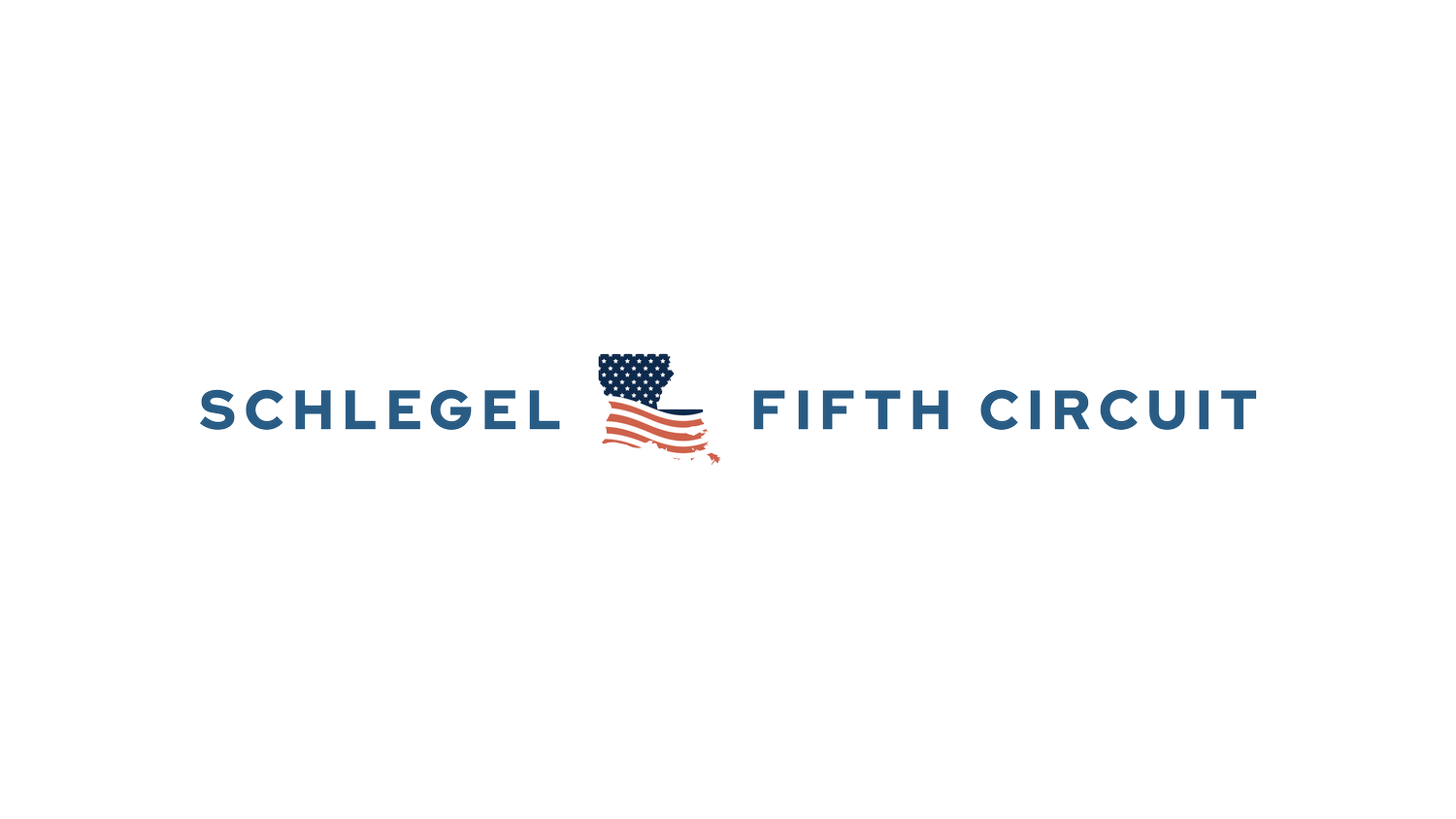Trusting the System: From Discomfort to Dependence in the Age of AI
When I first got behind the wheel of an electric vehicle, I found myself instinctively reaching for controls that no longer existed. There was no need to press the brake at a stoplight; I simply lifted my foot from the accelerator, and the car gently slowed to a halt. It was strange. Disorienting. Maybe even wrong. And yet, within days, I couldn’t imagine going back.
The car didn’t have stalks for turn signals either—just buttons. Again, weird at first. But then I noticed something: after I changed lanes, the signal turned off automatically. The side mirrors? I barely used them. Why would I, when a crystal-clear camera view from the side of the car appeared on the screen, along with alerts for anything I missed? Remember when backup cameras first appeared? No one trusted them. Now, most of us can’t imagine reversing without one.
This is what it feels like to learn a new system. At first, it challenges everything you thought you knew about how a car should be driven. But once you settle in, you begin to see the magic.
And that, I believe, is where we are with AI in the justice system.
Relearning How to Work
For legal professionals—especially judges—AI can feel like the EV experience. It replaces familiar processes with something new, possibly better, but undeniably different. You’re no longer the only driver. The system can help you spot patterns across thousands of cases. It can flag unusual behavior, predict timelines, and offer suggestions based on precedent. And just like regenerative braking or turn signal automation, the benefits begin to make sense once you’ve experienced them.
Take case triage as an example. Today, AI tools could sort incoming matters by complexity, flag those that match specific risk factors, and suggest which need urgent human attention. The first time you use it, it may feel awkward. It might even feel like a loss of control. But after using it for a while, you would likely find yourself saving time, noticing things you might have missed—and maybe wondering why it wasn’t always this way.
Trust, Not Surrender
Importantly, none of this is about surrendering judgment. Just as drivers still take over in a storm or on a tricky curve, judges must always remain the final authority in legal matters. The AI doesn’t render the verdict—it helps you see what you might not have seen, or see it faster.
Like the EV’s blind spot cameras or lane departure warnings, AI in law offers intelligent prompts. It doesn’t eliminate your role. It enhances your awareness.
This shift from control to collaboration—where we’re still in charge but aided by a powerful system—requires a mindset change. And that’s never easy. But it is inevitable.
Tomorrow’s Normal
Right now, it still feels novel. Maybe even risky. But so did backup cameras once. So did electronic filing. So did online court appearances. And yet here we are, not just accepting those changes but relying on them.
In a few years, we may look back on this moment with similar disbelief. We’ll wonder how we managed dockets manually, or how we assessed risk without predictive analytics, or how we reviewed discovery without machine learning tools.
The systems we’re learning today—the ones that still feel uncomfortable—are likely to become the ones we trust most. Not because they’re perfect, but because they make us better.
Reimagining, Not Replacing
If the purpose of a brake pedal is simply to stop the car, perhaps we should be open to reimagining how that goal is accomplished—like regenerative braking that recaptures energy while slowing the vehicle. Similarly, reimagining the justice system isn’t heretical if we keep our ultimate goal in mind: delivering justice fairly and efficiently.
No one is taking the brake pedal out of the car. It’s still there when you need it. In the same way, human judgment will always be central in our courts—even as we develop smarter tools to support it.
That’s the promise of AI in justice. Not replacement. Not surrender. Just a new kind of control—one that could free us to focus more on judgment, and less on mechanics.
Just like lifting your foot off the pedal and coming to a smooth stop. Strange at first. Revolutionary in hindsight.
Subscribe to my Substack newsletter today so you don’t miss out on a post. https://judgeschlegel.substack.com
*Final article in the Full Self-Driving (FSD) series.
